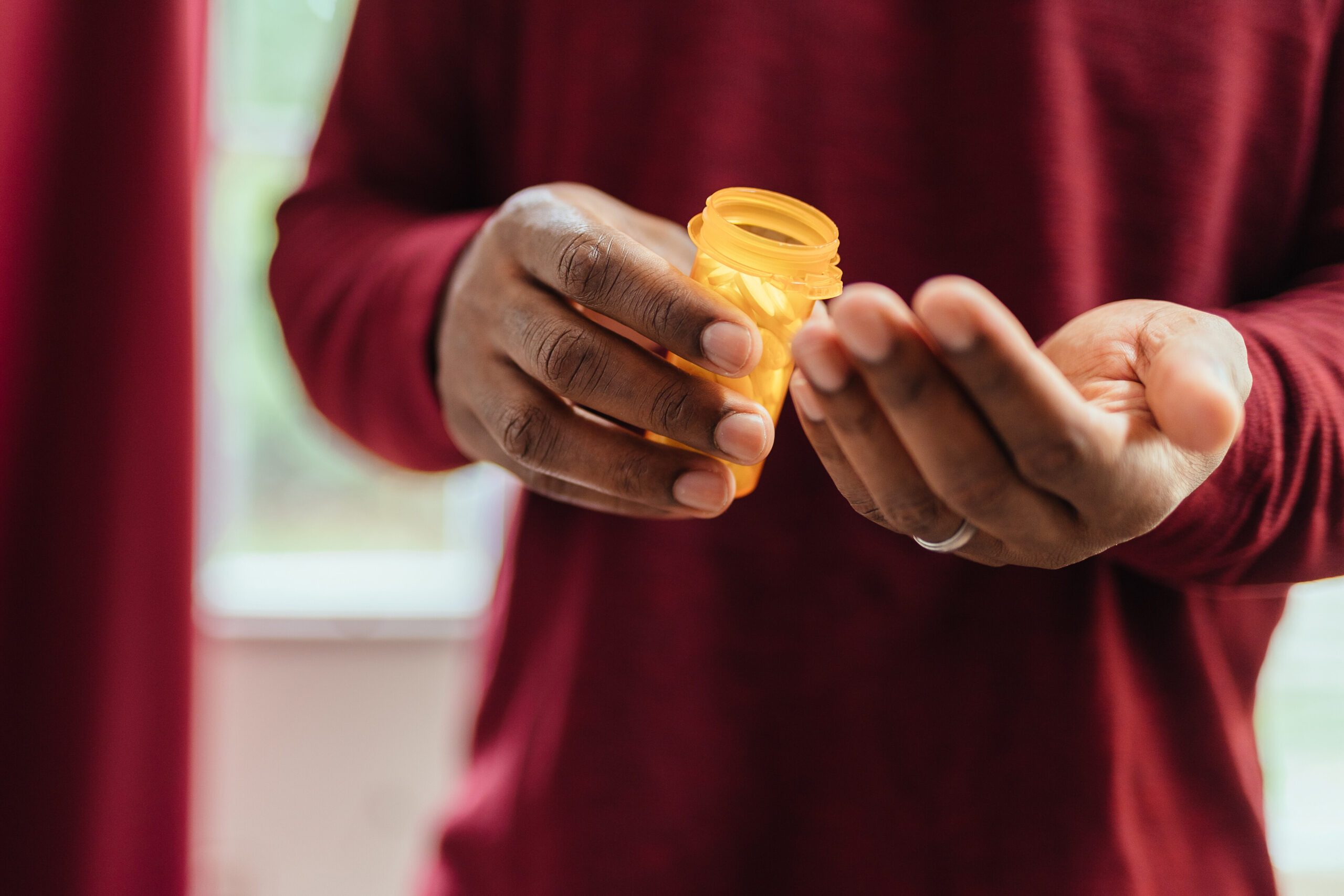Erectile Dysfunction: Understanding It and Finding Affordable Solutions
Updated: Feb 13, 2026
Erectile dysfunction (ED) is more common than most people think, especially among men over the age of 40. While it can feel uncomfortable to talk about, ED is a medical condition—and it’s often treatable with lifestyle changes, affordable medications, and the right support.

What Is Erectile Dysfunction?
Erectile dysfunction means having trouble getting or keeping an erection firm enough for sexual activity. It doesn’t mean a total inability to perform—it might happen sometimes, often, or every time. Occasional issues are normal and can be due to stress or fatigue, but if it happens regularly, it’s worth paying attention.
ED isn’t just a problem with sex—it can affect your confidence, relationships, and overall quality of life. But the good news is that many causes of ED are treatable, and help is available, often at low or no cost.
What Causes ED?
ED can be caused by a mix of physical, emotional, and lifestyle factors. Understanding the root cause is the first step to finding a solution.
Physical causes may include:
-
Diabetes
-
High blood pressure
-
Heart disease
-
Obesity
-
Low testosterone
-
Certain medications
-
Smoking or alcohol use
-
Nerve damage or injury
Emotional or mental causes can include:
-
Stress
-
Anxiety
-
Depression
-
Relationship problems
Lifestyle factors also play a big role. Poor sleep, lack of exercise, or unhealthy eating habits can affect blood flow and hormone levels—both of which are important for sexual health.
Who Is Most at Risk?
While ED can happen at any age, it’s more common in men over 40. That said, younger men can also experience it, especially if they have anxiety, use recreational drugs, or are dealing with health issues.
Men with diabetes, high blood pressure, or heart conditions are at higher risk. So are smokers and those who drink heavily. If you’re taking medication for another condition, it could also be affecting your ability to get or maintain an erection.
How Is ED Diagnosed?
You don’t need special tests to talk to a doctor about ED. Most of the time, they’ll ask a few questions about your health, symptoms, and any medications you’re taking.
Depending on your situation, they might recommend:
-
A blood test to check hormone levels
-
A physical exam
-
A review of your mental health and stress levels
-
A referral to a specialist if needed
The important thing is to be honest. Doctors deal with this issue all the time, and their job is to help—not judge.
Affordable Treatments That Work
ED treatments range from simple lifestyle changes to prescription medications. Many are affordable, and some are even available through discount programs or clinics.
Lifestyle changes are often the first step:
-
Quit smoking
-
Cut back on alcohol
-
Exercise regularly
-
Eat more fruits, vegetables, and whole grains
-
Get enough sleep
-
Manage stress and anxiety
These changes improve blood flow and boost testosterone—both key for sexual health.
Prescription medications like sildenafil (generic Viagra) or tadalafil (generic Cialis) are commonly used to treat ED. These are effective for many men and cost much less than the brand-name versions.
You can often get these medications at reduced prices through:
-
GoodRx or SingleCare for discount coupons
-
Low-cost clinics or telehealth providers
-
Online pharmacies that deliver discreetly to your home
Therapy or counseling may help if ED is linked to stress, anxiety, or relationship issues. Some community clinics or mental health centers offer sliding-scale fees or free sessions.
Vacuum pumps, injections, or other devices may be recommended if medications don’t work. These are more advanced options but can be covered by insurance or available through medical assistance programs.
Talking to Your Partner
ED can affect relationships, but open, honest communication helps. Let your partner know what you’re going through and that you’re working on it. This can relieve pressure and help both of you stay connected emotionally and physically.
Avoid blaming yourself or your partner. ED is a medical issue—not a sign of weakness or failure. Working through it together often strengthens relationships.
Free and Low-Cost Resources
If you don’t have insurance or can’t afford treatment, there are still options:
-
Federally Qualified Health Centers (FQHCs) offer low-cost care on a sliding scale. Find one at findahealthcenter.hrsa.gov.
-
Planned Parenthood provides men’s health services, including ED consultations, at affordable prices.
-
Telehealth services like Wisp or Hims offer virtual visits and affordable prescriptions.
-
Many generic medications can be filled for $10–$20 a month or less through large retail pharmacies.
When to See a Doctor
You should talk to a doctor if:
-
ED happens regularly and affects your quality of life
-
You have other symptoms like fatigue, low libido, or mood changes
-
You suspect it could be related to medication or a health condition
Don’t wait for things to get worse. ED can be an early sign of heart disease or diabetes—conditions that are easier to treat when caught early.
Final Thoughts
Erectile dysfunction is common and treatable. Whether it’s physical, emotional, or a mix of both, there are affordable solutions that can help you feel like yourself again. Don’t let embarrassment stop you from getting the care you need. With the right support, you can take back control of your health and your confidence.

